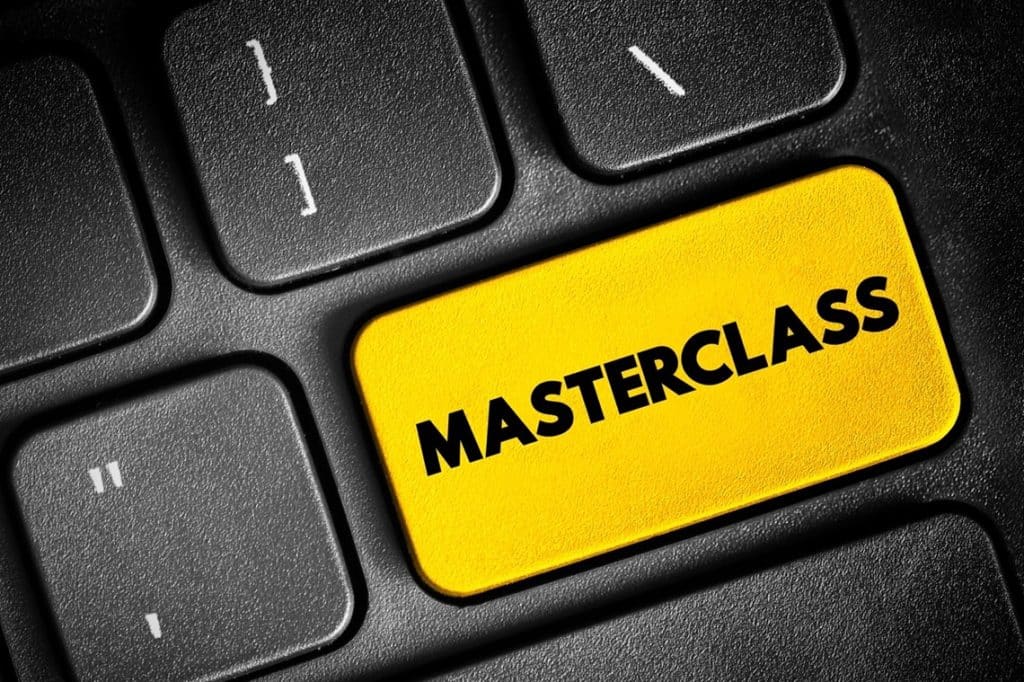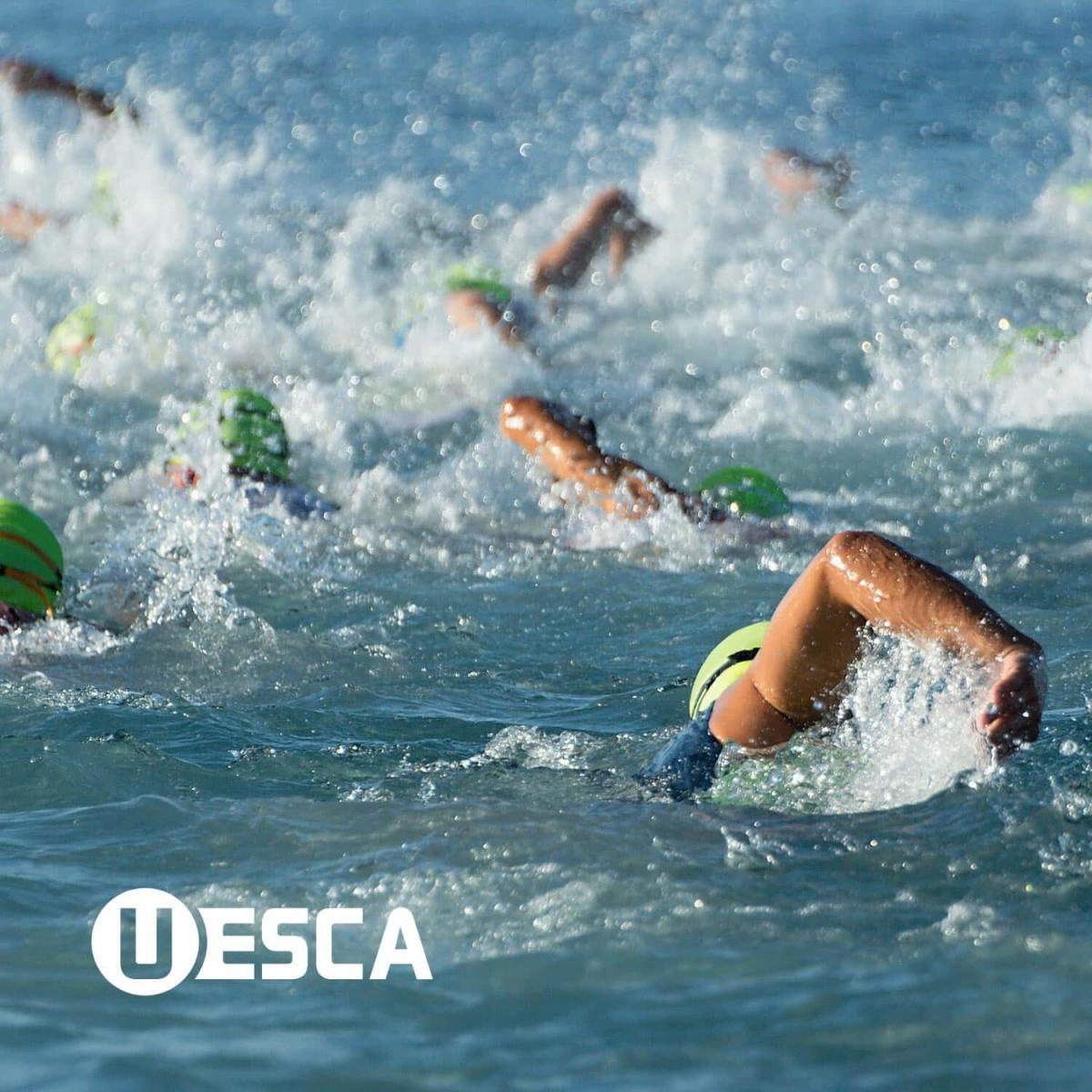Being popular, well-known, or great at something doesn’t necessarily correlate to being the best instructor or coach. Find out what does.

Many of you might be familiar with the online learning platform, Masterclass. For those of you not familiar with it, it is a video-based learning platform that hires well-known individuals to ‘teach’ courses in specific areas.
Want to improve your basketball? Steph Curry will be your instructor
Want to learn how to cook? Gordon Ramsey will be your instructor
Want to up your tennis game? Serena Williams will be your instructor
Want to learn filmmaking? James Cameron will be your instructor
See a trend?
What Masterclass is doing from a marketing standpoint (and therefore, likely a revenue standpoint) is brilliant. They are contracting with some of the most prolific people in their respective areas of expertise to be ‘instructors.’ However, in order for you to buy into this marketing angle, you must associate being the most popular, or best at something, with also being a great instructor in that area.
I get it. It’s pretty awesome to say that you got advice from Serena Williams on how to improve your tennis game… but is she a better instructor than your local tennis pro? Maybe, maybe not.
No Correlation

You likely won’t get anyone disagreeing that Steph Curry is an awesome basketball player (esp from 3-point range!). So clearly, he knows a thing or two about basketball. But here’s the thing… can he translate his knowledge of basketball to help someone else improve their game? Again, maybe or maybe not.
The fact of the matter is that there is zero correlation between being great at a sport, and being a great coach. While there might be some instances where these two things intersect, it is not due to a direct correlation.
What Do You Hang Your Hat On?
Google ‘Running Coach’ or any sport-specific coach for that matter and I can almost guarantee that at least half will have an area on their website that lists their PR’s for various distances. On the surface, this is pretty innocent information. But the question is why is this information on their website?
As noted above, many coaches, especially running coaches, list their PR’s because they believe that it will help them acquire athletes due to their race times. This means that either they equate being fast to being a great coach, and/or they believe that their fast times will impress potential athletes to sign up for coaching.
While there is nothing innately wrong with posting one’s PR’s, if this is the sole tactic that a coach is using to attract and acquire athletes, this is most definitely the wrong strategy.
What Does Matter?
We discussed above why being fast is not correlated with being a good coach. So, what areas should matter to prospective athletes?
Races Run
While one’s time for a race(s) does not matter, I believe that it is important for a coach to have experience in the sport that they are coaching. There are so many things that unless you have experience doing a particular thing (in this case, a sport), you won’t be able to fully grasp all of the nuances involved with it and therefore, won’t be able to convey these nuances to your athlete(s).
More specifically, having specific experience with a particular race can prove invaluable to coached athletes. For example, if you have run the NYC Marathon, you might know of specific areas to inform your athletes running that race about. Therefore, listing on one’s coaching website some of the races that they have done is not a bad idea… and very different from listing one’s PR’s.
Student of the Sport

What exactly does this mean? It means that you proactively seek out information that will make you a better coach in the sport that you coach. This is not just limited to reading research articles, or similar actions. In my experience, one of the most valuable traits of a coach is to be inquisitive. The more ‘questions’ you have, the more areas you’ll seek answers for and that will end up providing your athletes with tremendous value.
Whether seeking out a mentor, being attentive to your body during your training, asking questions of other coaches, etc… this is the way to keep learning and growing as a coach.
Just the Facts Ma’am
With information now being just a few keystrokes away, it’s easy to default to seeking out the first few things that pop up on your computer or phone. However, especially with respect to social media, these little snippets of information out there that are readily accessible, are often incorrect and/or missing important content/information.
Therefore, it is important to get as much factual information as possible. This however often takes time, which in my opinion, is one of the reasons why misinformation is so often acquired and disseminated.
Getting information from reputable areas such as professional journals and books/articles from professionally cited sources are good places to get your information from.
Knowledge of the Body
Our UESCA coaching certifications all start with foundational modules that include topics such as anatomy, physiology, and biomechanics. Why? It is our belief that if you’re working with athletes, you need to understand how the body functions – especially concerning adaptations from exercise.
Because here’s the thing, if you don’t understand how the body functions, you more or less have to trust that the information that you come across is correct. More specifically, if you don’t understand how the body responds to stress, you won’t be able to program effectively both in terms of increasing and decreasing training loads.
Effective Communicator
No matter how smart a coach might be, if they cannot effectively communicate with an athlete, it will not be a good match. I’ve seen this mismatch take place in a variety of ways. Whether it be personality mismatches or a coach who cannot explain complex information in a way that their athletes can understand, this will cause a communication breakdown. Perhaps the best way to sum up this concept is that an effective communicator will be a great teacher and motivator.
N of 1

Perhaps one of the biggest issues with the Masterclass approach is what is commonly referred to as ‘N of 1.’ This comes from the world of research, and more often the area of clinical medical trials where there is only one patient/subject.
While there can be value to this type of trial in medicine, this is rarely the case with sports and sports programming.
With respect to Masterclass, you are learning from that specific person, which may or may not work for you. Also, you likely don’t have the same education/skillset as these individuals, so while their concepts may be correct, unless they can break things down into teachable bites, the information will likely fall flat and not have much application.
This is especially applicable when reading studies. You want the number of study participants to be statistically significant, or be a meta-analysis (findings from multiple studies) to ensure that the information has as much value as possible.
Week Out Real Experts

Like other industries such as law and medicine, the fitness/sports industries are also becoming very specialist-focused. As an example, not so long ago a running coach was a jack of all trades who managed just not the running aspect, but nutrition, injuries, etc… While it is important to have awareness of multiple areas (e.g., nutrition) as a coach, today there are specialists to refer to both with respect to gaining knowledge, as well as to refer athletes to.
As such, there is no reason to function as a ‘N of 1’ coach with so many resources available from real experts.
Summary
While I’m sure it’s cool to hear how Steph Curry sets up for a 3-pointer, or how Serena Williams instructs the backhand, in my opinion, from a teaching point of view, these offer little to no value. With respect to the above examples, I’m quite sure you’d be much better off seeking out a reputable basketball coach or tennis pro to help you level up your game.
Seek out experts, not top performers.








